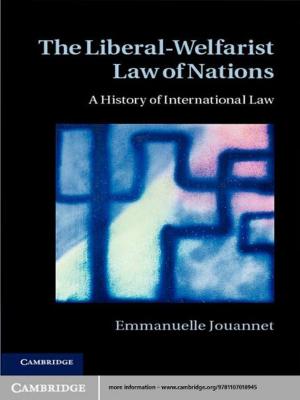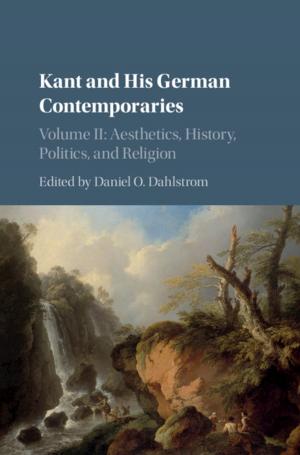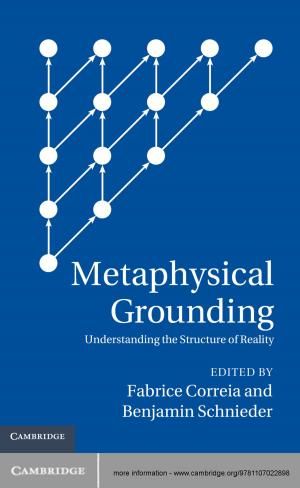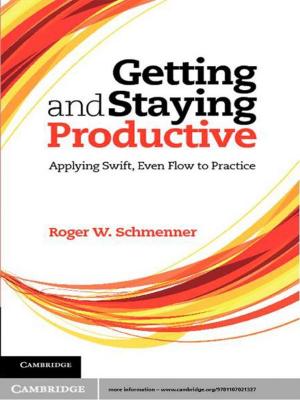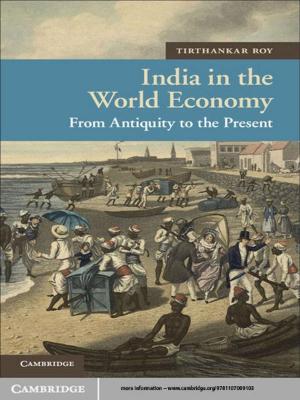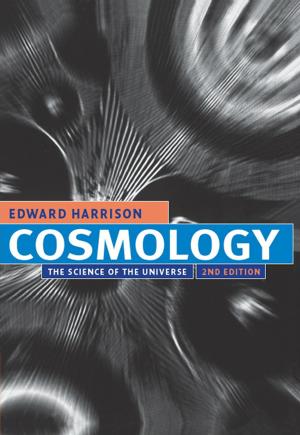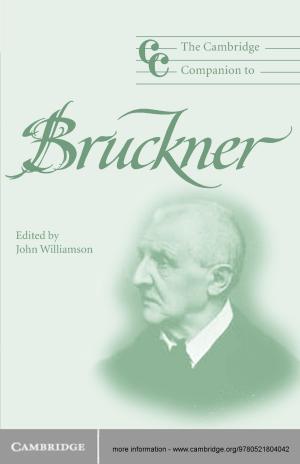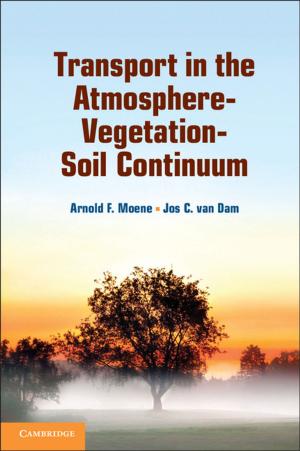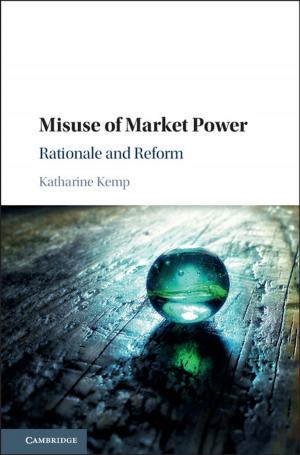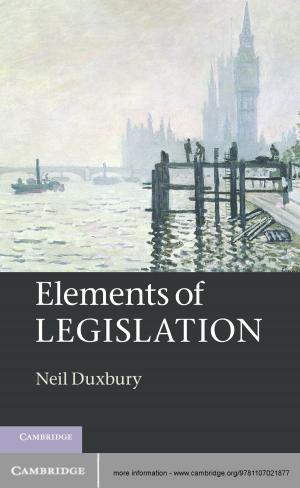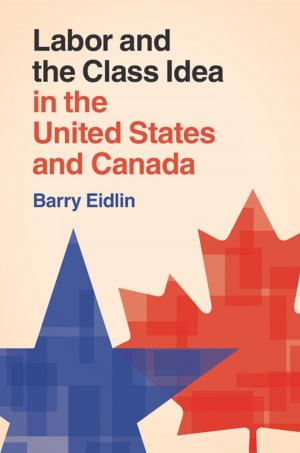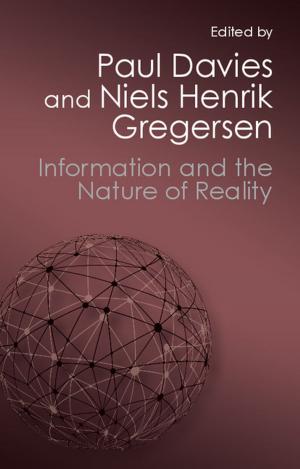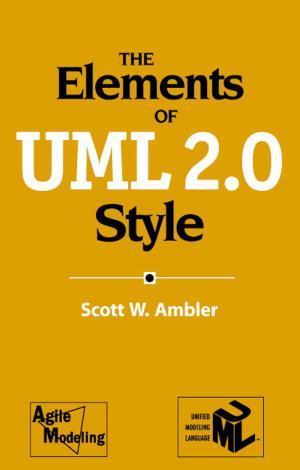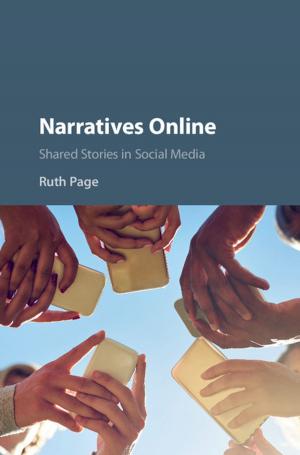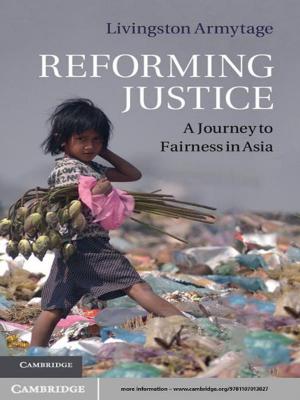Reading the Ruins
Modernism, Bombsites and British Culture
Fiction & Literature, Literary Theory & Criticism, British| Author: | Leo Mellor | ISBN: | 9781139140218 |
| Publisher: | Cambridge University Press | Publication: | September 15, 2011 |
| Imprint: | Cambridge University Press | Language: | English |
| Author: | Leo Mellor |
| ISBN: | 9781139140218 |
| Publisher: | Cambridge University Press |
| Publication: | September 15, 2011 |
| Imprint: | Cambridge University Press |
| Language: | English |
From fires to ghosts, and from flowers to surrealist apparitions, the bombsites of London were both unsettling and inspiring terrains. Yet throughout the years prior to the Second World War, British culture was already filled with ruins and fragments. They appeared as content, with visions of tottering towers and scraps of paper; and also as form, in the shapes of broken poetics. But from the outbreak of the Second World War what had been an aesthetic mode began to resemble a proleptic template. During that conflict many modernist writers – such as Graham Greene, Louis MacNeice, David Jones, J. F. Hendry, Elizabeth Bowen, T. S. Eliot and Rose Macaulay – engaged with devastated cityscapes and the altered lives of a nation at war. To understand the potency of the bombsites, both in the Second World War and after, Reading the Ruins brings together poetry, novels and short stories, as well as film and visual art.
From fires to ghosts, and from flowers to surrealist apparitions, the bombsites of London were both unsettling and inspiring terrains. Yet throughout the years prior to the Second World War, British culture was already filled with ruins and fragments. They appeared as content, with visions of tottering towers and scraps of paper; and also as form, in the shapes of broken poetics. But from the outbreak of the Second World War what had been an aesthetic mode began to resemble a proleptic template. During that conflict many modernist writers – such as Graham Greene, Louis MacNeice, David Jones, J. F. Hendry, Elizabeth Bowen, T. S. Eliot and Rose Macaulay – engaged with devastated cityscapes and the altered lives of a nation at war. To understand the potency of the bombsites, both in the Second World War and after, Reading the Ruins brings together poetry, novels and short stories, as well as film and visual art.

